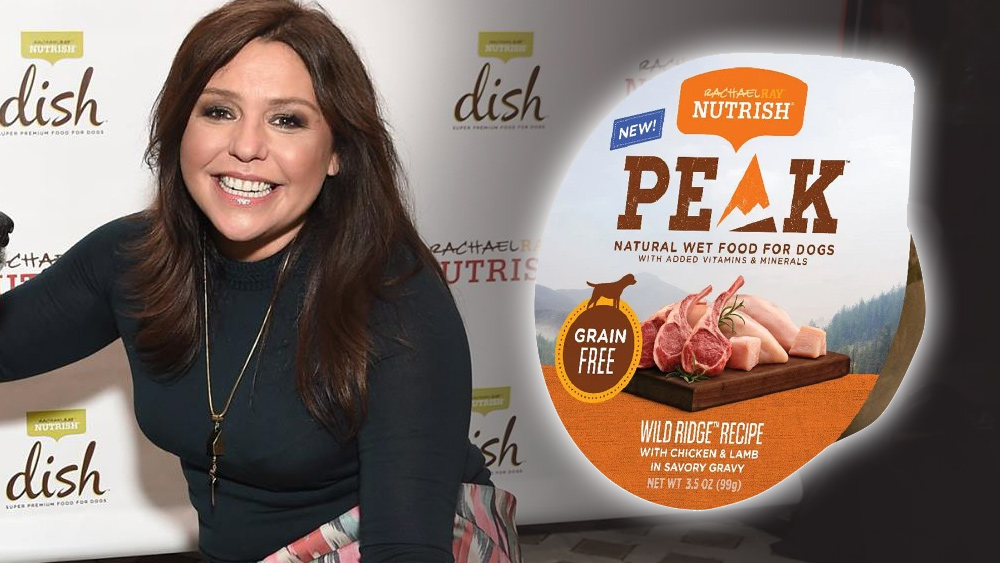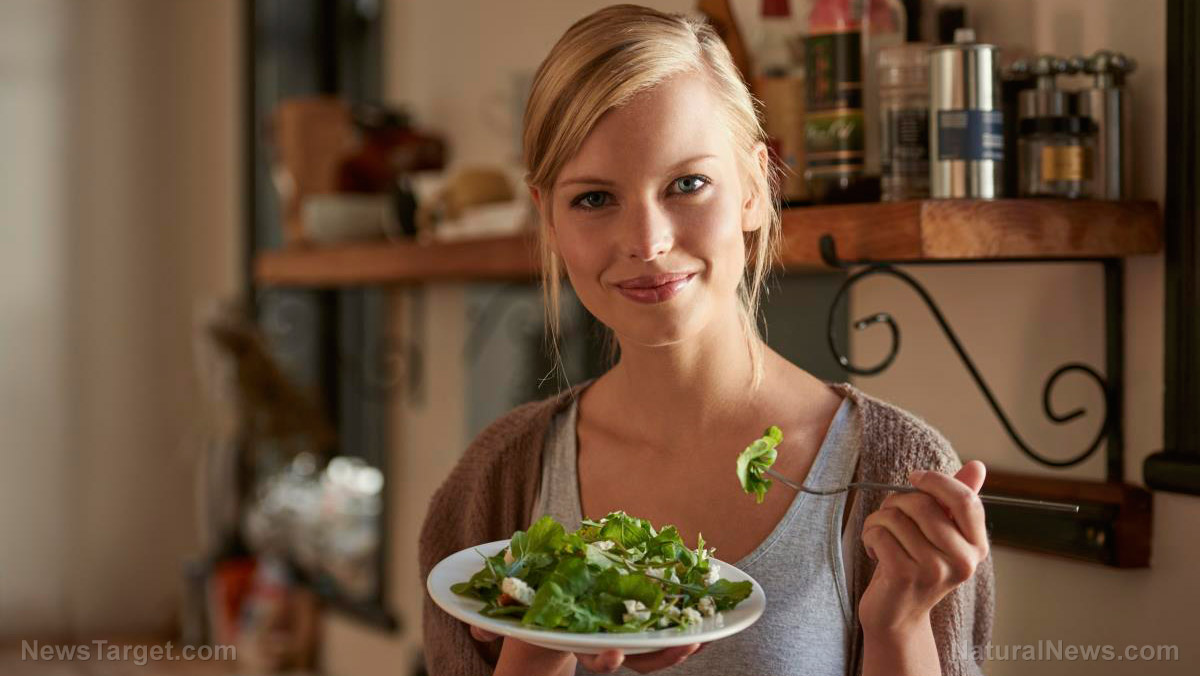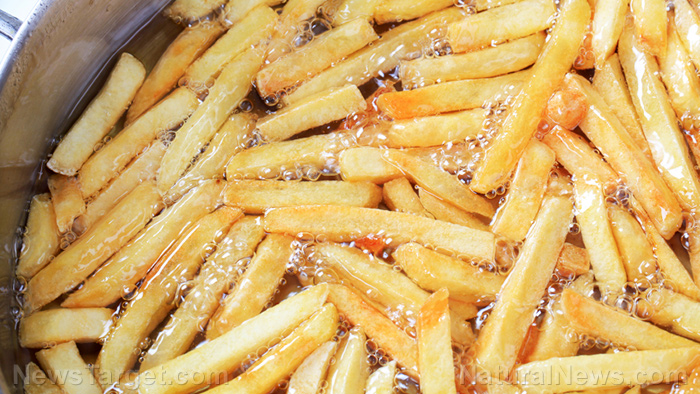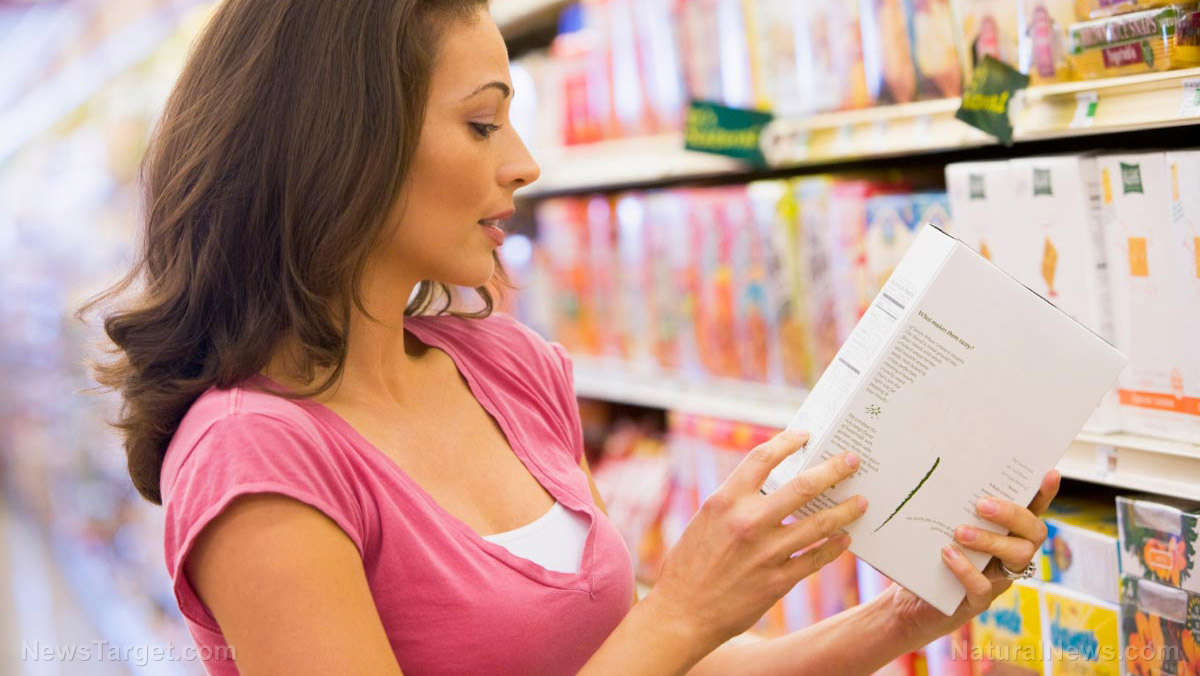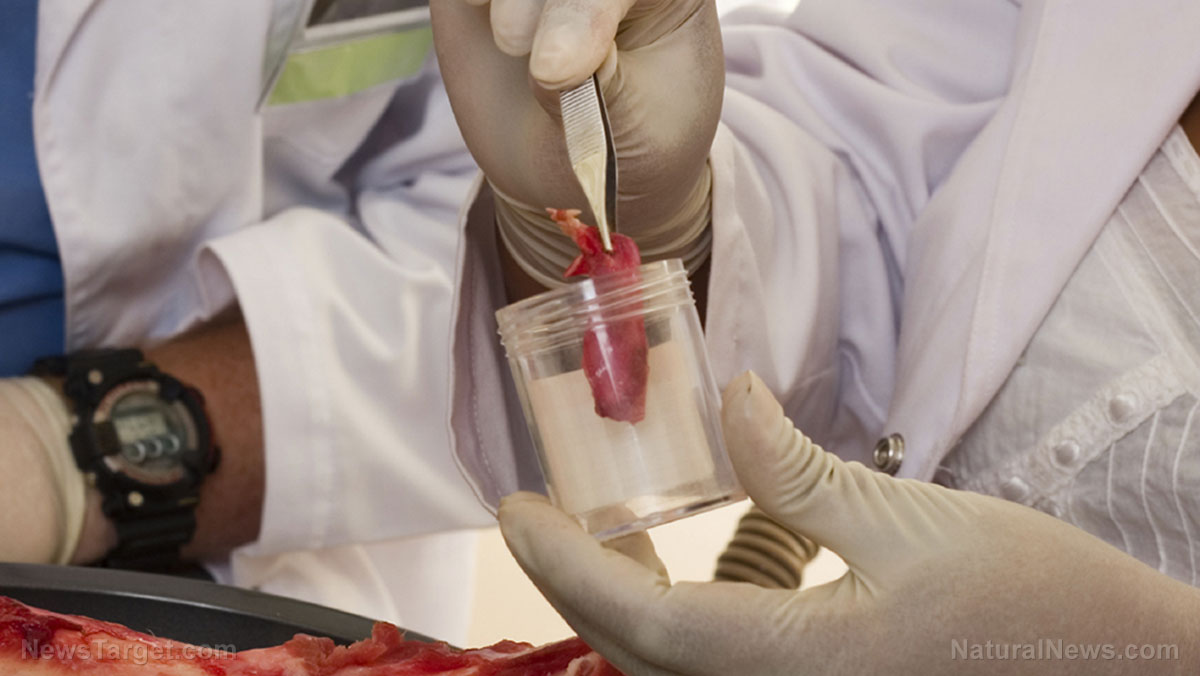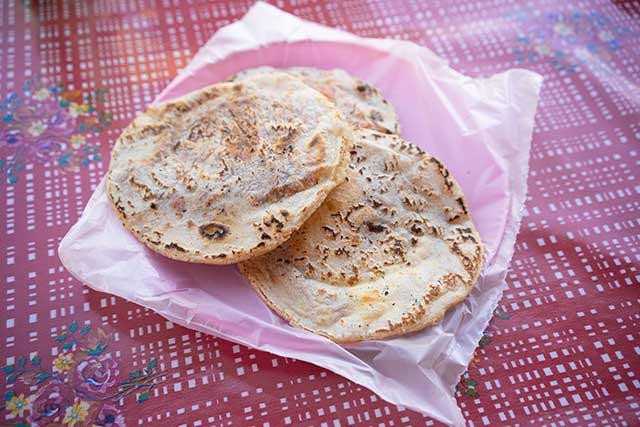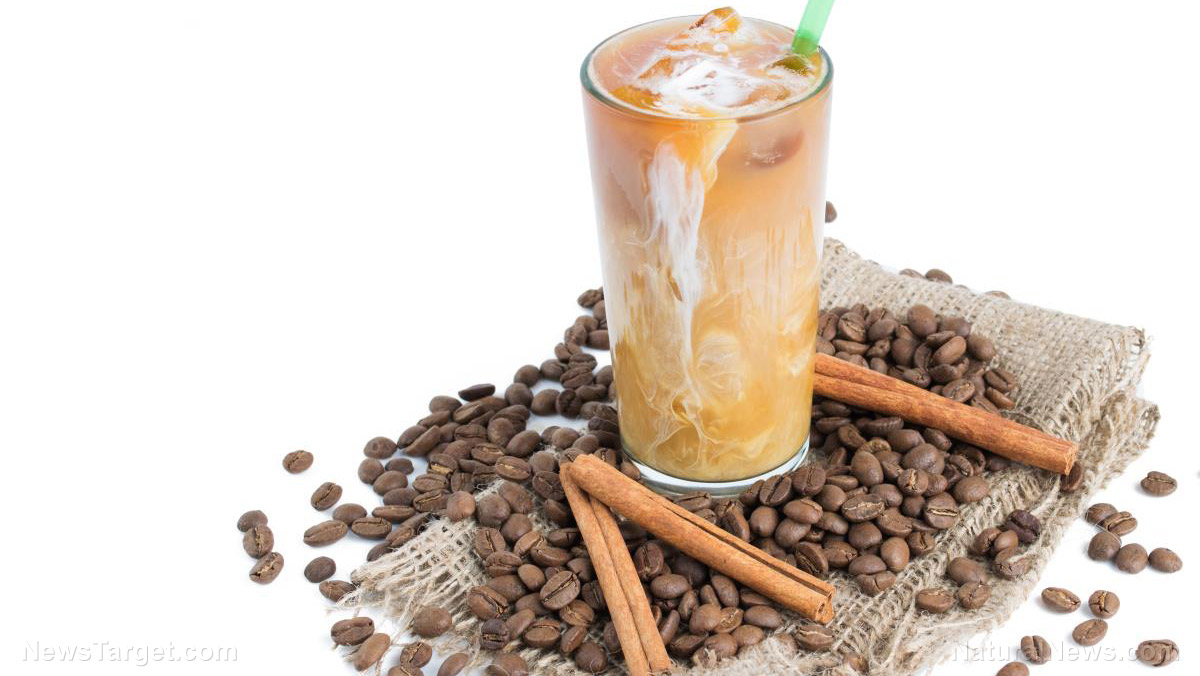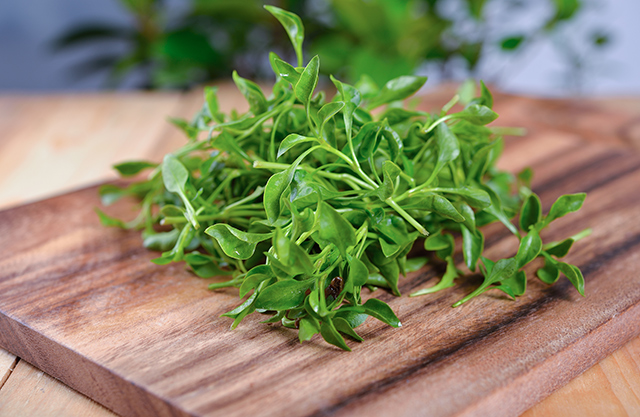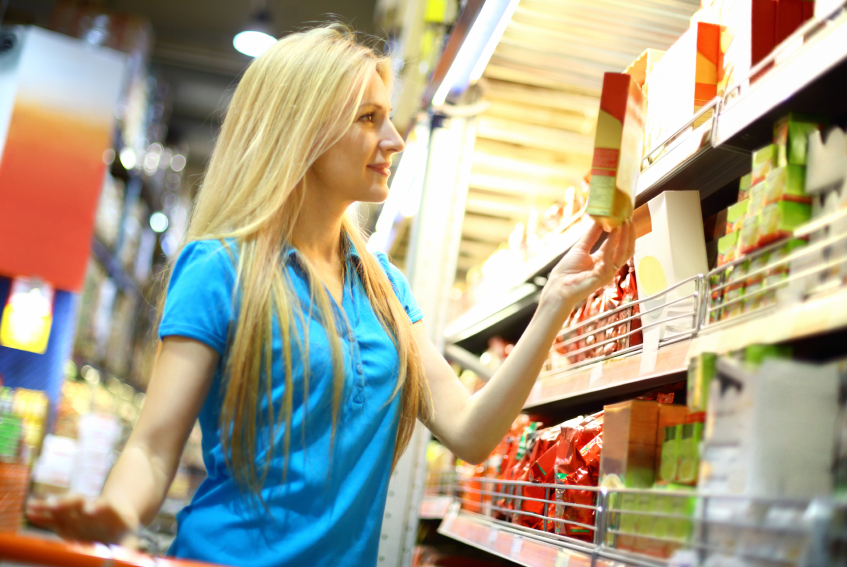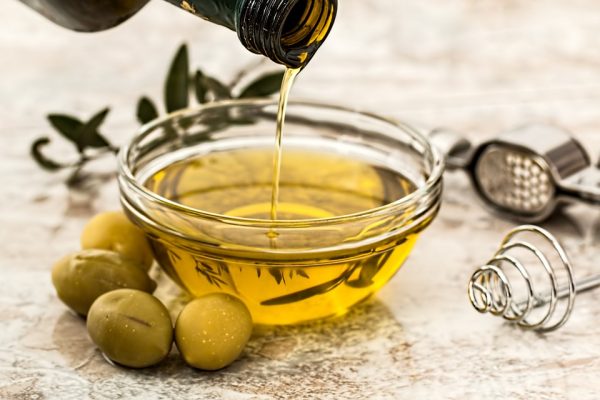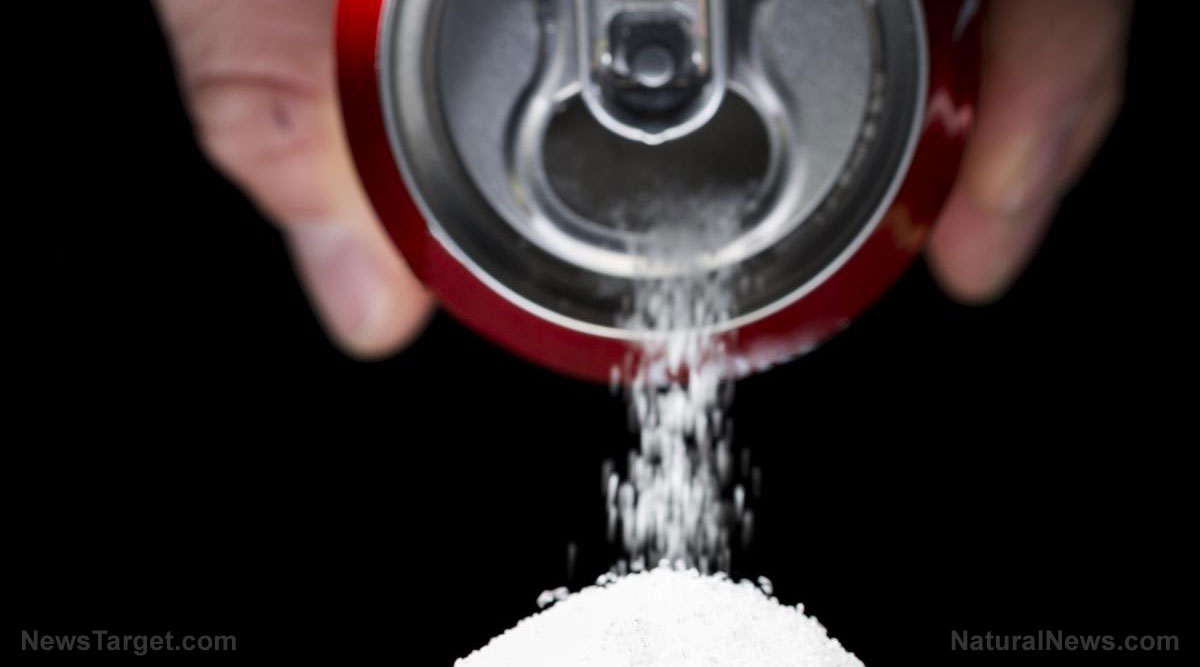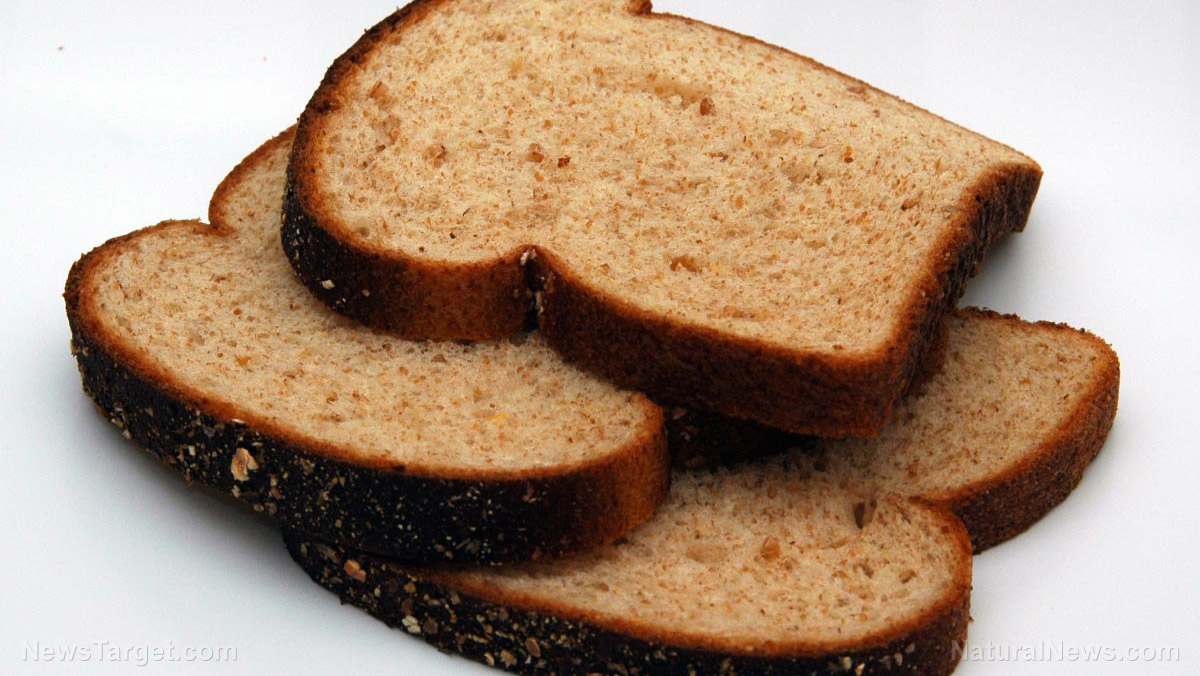Decrease your risk of breast cancer by avoiding these foods
04/17/2017 / By Frances Bloomfield

As with any disease, breast cancer is a condition full of complexities and nuances. Factors such as genetics and family history are uncontrollable factors that can make one more susceptible to developing breast cancer. Smoking habits and diet are individual decisions that can greatly affect one’s chances of acquiring the disease; and according to MedicalNewsToday.com, avoiding these foods may help.
Avoid
- Red meat and processed meats: Compounds in grilled red meat, heterocyclic amines (HCA), spur on cancers, states NBCNews.com. The amino acids present in red meat are also said to increase the risk of cancer by increasing oxidation and promoting insulin production within the body. Most processed meats and cold cuts often contain high amounts of fat, preservatives and salt, none of which are favorable for cancer prevention. Some of these foods include beef, pork, ham, hot dogs, and bacon, which also contain sodium nitrite, a cancer-causing additive.
- Sugar: In a study administered by researchers at the University of Texas MD Anderson Cancer Center, they found that mice that ate sugar-rich diets are more likely to develop mammary gland tumors. Sugar can elevate blood glucose levels, forcing the body to deliver more insulin. The insulin produced encourages growth in cancer cells and can also raise estrogen levels. As reported by FoodForBreastCancer.com, sugar consumption also contributes to other breast cancer risk factors like increased breast density and systemic inflammation.
- Alcohol: Regular consumption of alcoholic beverages can cause damage to DNA cells and increase estrogen level, according to BreastCancer.org. A woman’s genetic makeup can also greatly affect her chances of acquiring the disease, as fast metabolizers of alcohol were shown to be at higher risk than slower metabolizers. At the most, one can drink a glass of wine every other day with food.
- Fats: While not all fats are bad—vegetable and fruit fats are usually associated with a decreased risk— some are worse than others. Similar to alcohol, large and routine consumption of foods containing trans-saturated fats increases the chances of developing breast cancer. Trans-saturated fats are often used in fast foods and processed foods like pastries and snack foods.
There are many other foods that experts have warned against. Grapefruit has many health benefits, but some researchers believe that its estrogen level-boosting properties make it a prime candidate in increasing breast cancer risk. Dairy products like milk, butter, and cheese (which are often from pregnant cows with hiked-up estrogen and progesterone levels) are also sometimes prescribed against. Experts also urge avoiding other meat-derived foods such as gravy and lard because of certain protein that can stimulate cancer cells to grow. Some vegetable oils like soybean and sunflower are high in polyunsaturated fats; even foods with partially hydrogenated oils, like mayonnaise, peanut butter and margarine, can be risky. Learn more about cancer prevention at Prevention.news.
If you can’t totally cut these foods out of your diet, severely limiting them will help. Making other conscious body choices can also contribute to your risk of getting or preventing this deadly disease. Simple things like regularly exposing yourself to sunlight to absorb vitamin D and becoming more physically active can make a difference. Adding certain foods like dietary fiber, fatty fish, and green tea are recommended. (Related: Green Tea and Breast Cancer Prevention: What the Experts Say)
No single food can cause or prevent breast cancer. The culmination of different foods does. Tiny, seemingly innocent selections will add up in time. That hamburger you had yesterday can become a problem for you, several years down the line. Awareness of what you put in your body is your greatest form of protection against breast cancer.
Sources:
MedicalNewsToday.com
NBCNews.com
FoodForBreastCancer.com
BreastCancer.org
MDAnderson.org
Tagged Under: breast cancer, foods to avoid to fight breast cancer





